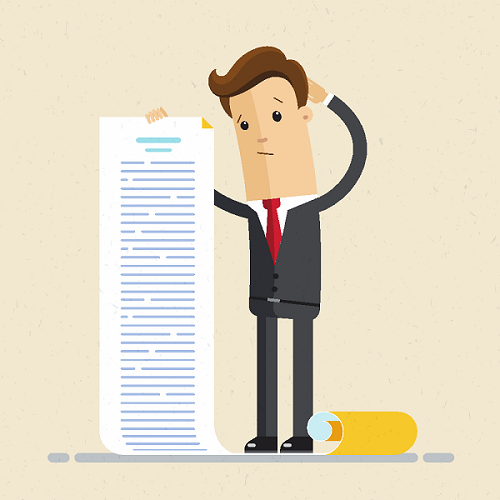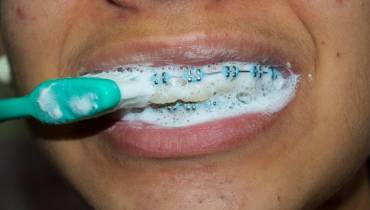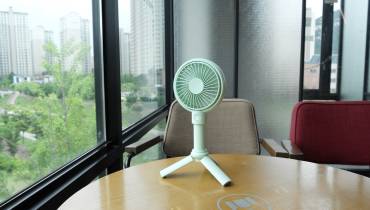7 Critical Mistakes to Avoid When Writing a Cover Letter

Crafting a cover letter for a job application or for your resume for a role you want at work can be critical to landing the job opportunity.
While some reports suggest that 90% of hiring managers, recruiters, and HR representatives don’t even read cover letters, at the same time, more than half (53%) of employers still say they prefer candidates who present cover letters.
So, while there is a good chance that no one will actually read your cover letter, many employers will form a favorable opinion of you if you include one.
And even though your cover letter may go unread, it’s still important to be careful about what you write in the cover letter because there is always a chance that an employer might actually read it.
In today's hyper competitive job market, if your cover letter is read, it could set you apart from other candidates you are up against. If an employer is wavering on your job application, a well-written cover letter could be what pushes them to hire you.
When writing your cover letter, you do not want it to be full of grammatical errors. Instead, you want to make sure your cover letter is free from spelling and grammar errors.
You also don’t want to use a form letter, which is a letter written from a template, rather than being specially crafted for a specific employer.
But those are not the only common cover letter mistakes you should avoid.
Cover Letter Mistakes to Avoid
Here are a few more common mistakes to avoid when writing a cover letter, if you want to impress employers and get the job:
1. Badly Printed Out Letter
Many companies ask that cover letters and resumes be submitted digitally these days, but there are still some companies that require hard copies of cover letter.
Submitting a cover letter that you have prepared on a computer and printed out demonstrates your computer skills to employers and may appear more professional.
When you need to print out your cover letter, be sure to use the right print supplies. If your inkjet cartridge is running low, pick up a new one to ensure that the text appears clear and crisp.
Use high-quality paper, too. Submitting a cover letter and resume on cheap paper printed with a nearly empty ink cartridge gives the impression that you are sloppy and don’t care about the job. This is not the impression you want to make!
If possible, send your cover letter as a PDF instead of in the Word document format. PDFs won't present formatting or font issues and can work with any operating system (unlike Word documents).
2. Focusing on Yourself Too Much
When a hiring manager is looking to fill a job vacancy, they really aren’t looking for candidates’ life story. Instead, they just want to know what each candidate could potentially do for the company.
Sharing your accomplishments and skills is important, of course. But be sure to do so in a manner that shows how the accomplishments and skills will help you help the company.
You also don’t want to go into every single detail about every job you’ve ever worked. Your resume should outline your past work experience. There’s no need to include every little detail in your cover letter, too.
Stick to highlighting the skills you’ve gained at past jobs that are more relevant to the position you are applying for.

3. Being Too Wordy
No hiring manager wants to be confronted with a novel-like cover letter. They don’t have time to read through very many pages, nor do they have the desire to do so.
In fact, the majority of employers prefer that cover letters be half a page or less.
Get to the point and keep your cover letter clear and concise.
4. Repeating Your Resume
It’s great if your cover letter briefly highlights some of your past experiences and the skills that you’ve gained that will help you be an excellent employee if hired by the company. It’s not so great, though, if your cover letter is a regurgitation of your resume.
Your cover letter should be a separate document that highlights your achievements and makes a hiring manager feel more inclined to hire you.
If it just repeats the information found in your resume, it won’t do you any favors.
5. Using Clichés and Cringe-Worthy Phrases
Hiring managers, business owners, HR reps, and other people responsible for hiring new employees spend a lot of time reading resumes and cover letters. They see a lot of clichés, overused words, cringe-worthy phrases that applicants think sound great but actually do nothing to set them apart from the other candidates
If you want to write a cover letter that stands out and gets you noticed, skip phrases like “I believe that I am a perfect candidate for this position because …” or “I’d like to apply for a job at…”
Also, skip trite phrases like “team player” and “go-getter.” They are so overused that they have mostly lost their meaning.
Instead of telling someone that you’re a team player or a go-getter, show them by providing a concrete example of how you work well in a team or an instance in which you went above and beyond your responsibilities to get a job done.
6. Being a Super-fan
Your cover letter is a good place to let a hiring manager know that you do know something about the company and the position for which you are applying.
It is not, however, a place where you should profess your undying love for the company. A little bit of flattery is fine, but avoid going overboard.
Instead, use your cover letter to showcase how you can serve the company and make it even greater than it already is.
7. Not Editing Your Writing
Typos are a part of life. We all make them. That doesn’t mean, though, that you should leave them in your cover letter.
Before submitting a cover letter, always proofread it thoroughly. If possible, have a friend or family member look over it, or use a proofreading tool to make sure you didn’t miss anything.
Many great candidates get passed over every day because of simple things like typos. Keep your cover letter out of the trash can by taking the time to proofread.
In Conclusion
Whether anyone ends up reading it or not, a good cover letter is important. By avoiding the common mistakes listed above, you can create a compelling cover letter that sets you apart from other candidates and helps you land the job.






















